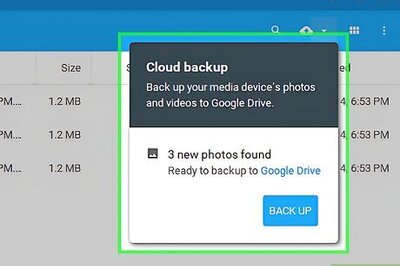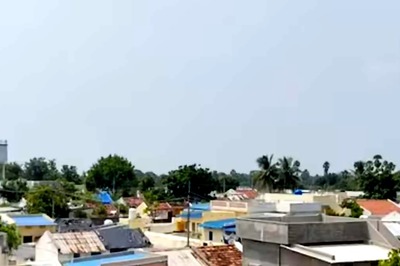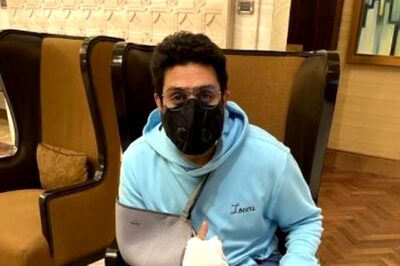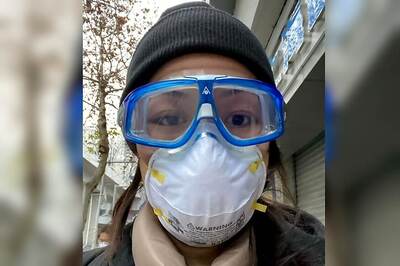
views
THIRUVANANTHAPURAM: Since arriving in Den Haag (The Hague for non- Dutch people) and on being told by our landlady about the various days and ways that I have to put out the different kinds of waste, I developed a healthy paranoia about making a waste faux pas... Having moved here midyear, we did not get the much-coveted and the very important ‘waste calendar.’ Trust the Dutch to have an agenda (a calendar, the most important tool to live in Dutch land, where nothing unscheduled can happen and everything has to be pencilled in weeks in advance on an agenda) for waste collection for the year! So, I knocked on the door of the downstairs neighbour, who told me the relevant days when the waste collection is done… In November, we received the waste calendar from the Hague municipality and became bona fide residents of Den Haag! The waste collection calendar is an essential handbook every family has to possess and will be hung either in the toilet or in the kitchen! It carries the schedule for waste collection for the whole year (bio, non-recyclable and paper), including the four days in January when the city collects Christmas trees, post the festive season! The people of the Netherlands are pretty rule-bound about how you deal with your cast away stuff. The bio-degradable waste goes into a green bucket and the non-bio-non-paper waste goes into a regular black waste bag. Both have to be put out in front of the apartment block, once a week after 10 pm in the night and before 8 am in the morning. I have a healthy respect to the point of being scared of small rules... Wednesday mornings, unfailingly I jump out of bed, rush helter-skelter to tie up and pack my waste correctly and put it out before 8 am. The paper waste gets collected once a month and to my horror I found that we were the only household placing it in a plastic cover, whereas all our Dutch neighbours were putting out their paper waste in cartons. And every week, I live in mortal fear that the discerning waste collectors will leave my inappropriately packed paper waste behind. Well, the waste saga doesn’t end there; batteries have to be returned to stores which take them back, similarly with bulbs; medicines have to be disposed of elsewhere and bottles have to go into bins placed in every street - one for white bottles and another for coloured! However, I must say here that I prefer the Indian way of re-cycling bottles, where we wash bottles and reuse them rather than throw them into a bin. I haven’t had to throw away my salsa or honey or pickle bottles. They are in the good- old- fashioned- Indian way, neatly washed, dried and lined up on my shelves with condiments and powders and what not!As for discarding old clothes, there are separate bins for it in some specific locations in town, from where they get picked up for charity. I am told that to dispose of furniture, one has to call up the municipality, who will come and pick it up. The more interesting option is to contact Kringloop, a non-profit group, which will come and pick up all the furniture and household goods that one wants to give away and sell them through their second-hand good stores and use those funds for charity! In addition, there is a small additional charge when we buy any electronic item; with my completely inadequate Dutch, I understood that the amount is the payment which goes to the government, to deal with the electronic waste. Mastering the half-a-dozen waste disposal mechanisms doesn’t make a good resident; you also have to pay taxes for waste collection! Jokes apart, I must admit I completely admire the discipline with which the people deal with waste and the commitment to recycling that the country exhibits. Having seen the waste crisis in Thiruvananthapuram (my hometown) during the last two months, I was wondering what it will take for Indian cities to begin to recognise that dealing with waste is the first step to recognising our responsibility towards ourselves and the planet.(The writer is a social scientist who works on food safety and agriculture issues, living at present in the Netherlands)




















Comments
0 comment